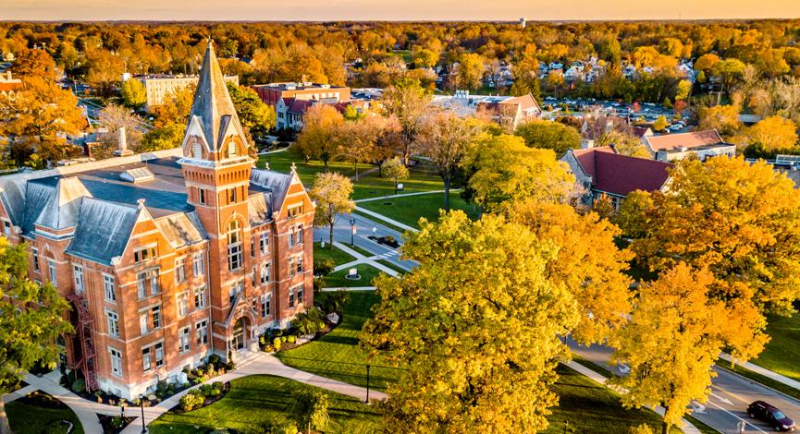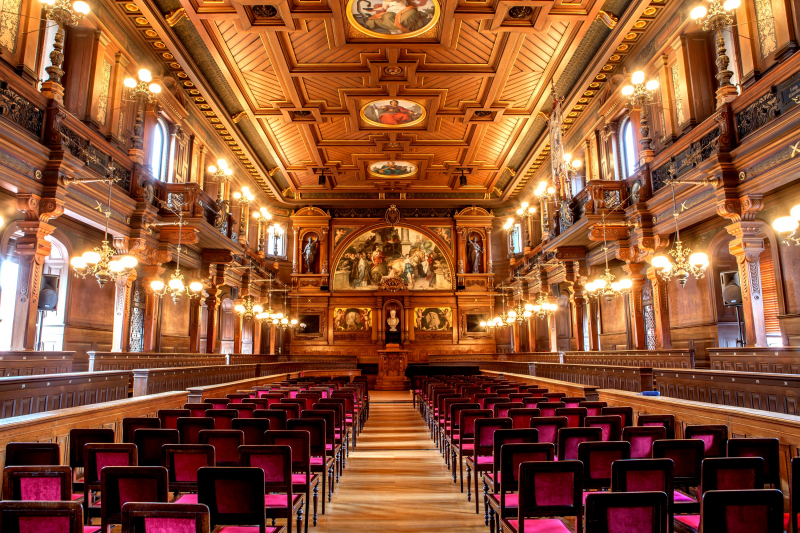Heidelberg University

Heidelberg University was established in 1386 and is Germany's oldest university. The research institution is a public university in Baden-Württemberg that covers a wide range of subjects from the humanities to medicine. The university's slogan is "Semper apertus" – "always open," and the institution strives to work in an open-minded and accepting environment toward persons and ideas.
The Pope granted Ruprecht I, Elector of the Palatinate, permission to build the university in his home city of Heidelberg in 1386. It was known in the 16th century as a Calvinist stronghold, and in the 19th century for its adherence to liberal and democratic values.
Heidelberg University received institutional financing from Germany's Excellence Initiative and the Excellence Strategy in both 2006 and 2012, intending to promote world-class research. Since the award's inception in 1901, eleven Heidelberg professors have received the Nobel Prize.
Heidelberg University prioritizes the development of new types of interdisciplinary collaboration that transcend traditional subject boundaries. The institute is also proud of its relationships with non-university research institutions and businesses in the Rhine-Neckar and Heidelberg regions.
Heidelberg boasts a cosmopolitan and student-friendly environment. Both the city and the university provide a comprehensive range of sports and leisure activities, as well as film and music festivals and a significant number of museums, allowing students and faculty to relax in a diversified cultural atmosphere.
MORE INFORMATION:
World rank: 70
Location: Heidelberg, Germany
Website: http://uni-heidelberg.de/











